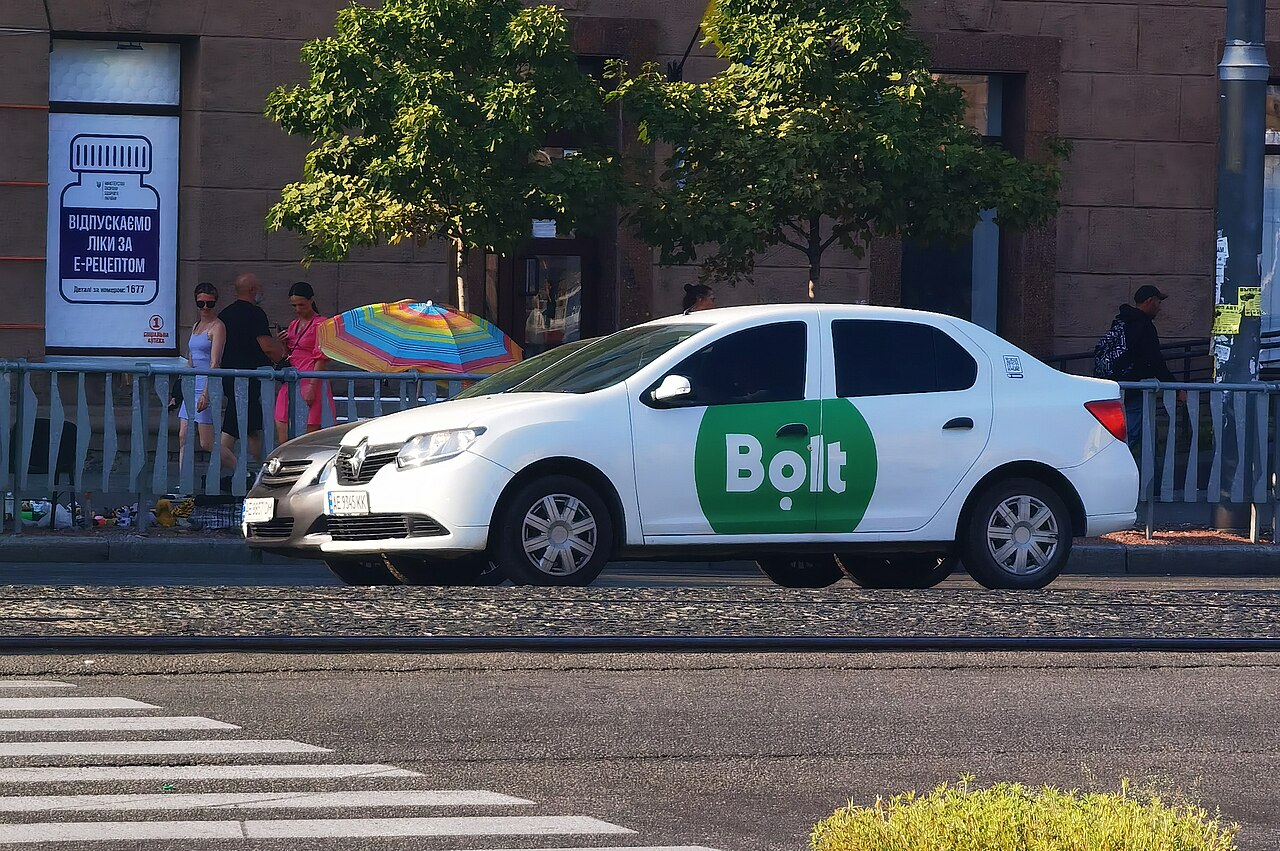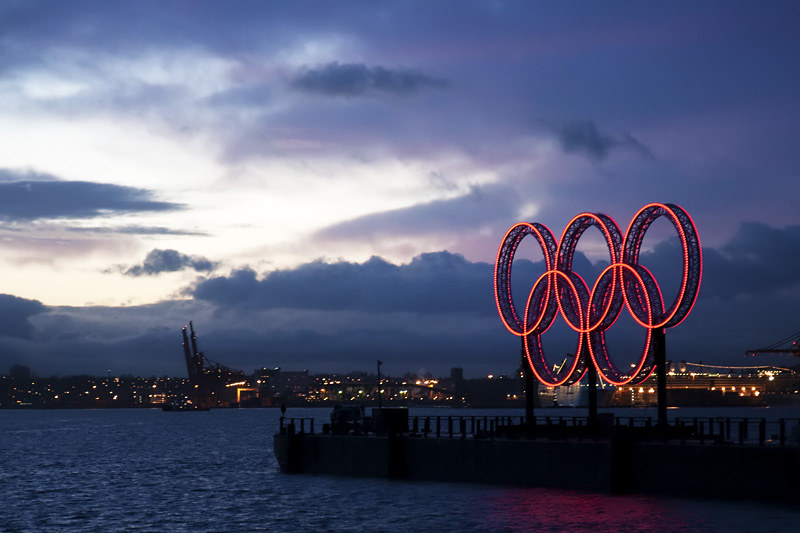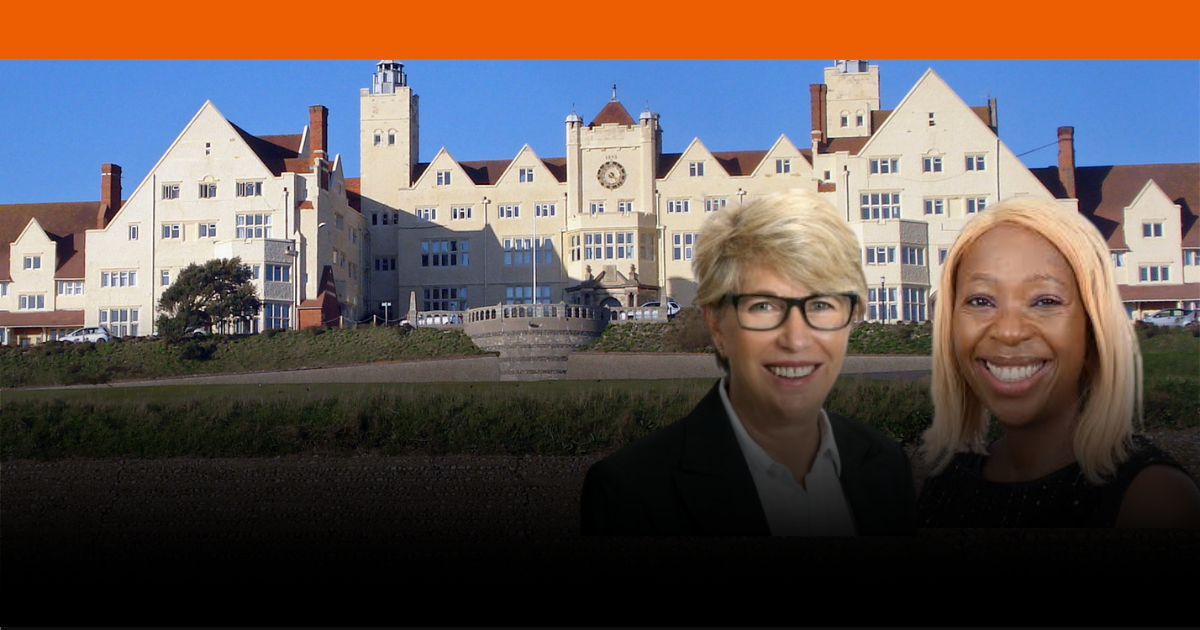South Africa has lost one of its greatest literary and artistic minds. Renowned poet, novelist, painter, and anti-apartheid activist Breyten Breytenbach passed away in Paris yesterday at the age of 85. Known for his unwavering commitment to justice, his family described him as “an immense artist” who fought for a better world until his final days. Here are five things you need to know about the life and legacy of Breyten Breytenbach.
1. A rebel with words and paintbrush
Born on 16 September 1939 in Bonnievale, Western Cape, Breytenbach was part of the Sestigers, a group of Afrikaans writers who revolutionised the language with progressive ideas. His work, spanning over 50 books and countless surreal paintings, explored exile, identity, and justice themes. His novel ‘The True Confessions of an Albino Terrorist’ is a harrowing account of his seven-year imprisonment for opposing apartheid.
But he wasn’t just a writer. His paintings, often depicting humans and animals in captivity, mirrored his longing for freedom—for himself, others, and South Africa.
Extract: Paging through the album, I came upon Dad’s photos, faded images of a band of smiling hikers: Breyten Breytenbach with his blue hat, Jan Rabie, Daantjie Saayman, James Polley.
— Justin Fox (@JustinFoxAfrica) March 4, 2024
Buy PLACE: https://t.co/6OWou7BK8u@PenguinBooksSA
@Umuzites#BreytenBreytenbach #Cederberg pic.twitter.com/UevtaoYYDr
2. Exile and love in Paris
In the 1960s, Breytenbach left South Africa for Europe, condemning apartheid from abroad. In Paris, he met Yolande Ngo Thi Hoang Lien, a Vietnamese woman who became his lifelong partner. Their interracial marriage was illegal under South Africa’s Prohibition of Mixed Marriages Act, barring them from returning together. France became their refuge, and Breytenbach became a French citizen after his imprisonment.
Breyten Breytenbach died in Paris last night. I got to know him and Yolande during his dark and difficult prison days – very special people. I will always remember them with great fondness. My deepest condolences to his dear wife Yolande. pic.twitter.com/P3Dz4G7uva
— john brand (@johnbrand11) November 24, 2024
3. Jailed for justice
Breytenbach returned to South Africa in 1975 using a false passport. Arrested for trying to aid resistance movements, he was sentenced to seven years in prison, including two in solitary confinement. Despite the isolation, he continued to write, smuggling out poetry and prose that captured the world’s attention. French President François Mitterrand personally intervened to secure his release in 1982.
4. Critic of Apartheid—and beyond
Breytenbach didn’t stop challenging injustices once apartheid ended. While many celebrated South Africa’s transition to democracy, he criticised the ruling ANC for corruption, calling it a betrayal of the liberation struggle’s ideals. Globally, he spoke out against human rights abuses, penning a scathing open letter to Israeli Prime Minister Ariel Sharon in 2002, decrying the treatment of Palestinians.
Here's a letter from 2002 (22 years ago!) by South African Dissident Breyten Breytenbach on Israel
— Rosencreutz (alleged youtuber) (@KRosencreutz) October 14, 2024
(linked below in full)
It moves me, it pains me, to remember this has been acknowledged in the West for decades, thoughtfully contrasted with Apartheid for decades. pic.twitter.com/e7IqutJkB8
5. A Legacy of courage and creativity
From being labelled “the only nice South African” by Spitting Image during apartheid to earning France’s Knight of the Order of Arts and Letters, Breytenbach was a global icon. His profound impact on Afrikaans literature ensured the language’s beauty was celebrated, even as he rejected its association with apartheid.
The Spitting Image South African skit will forever be a timeless classic through and through but the most underrated part is at the end when they say that Breyten Breytenbach, the only nice South African, was thrown in jail for not murdering enough people. Funny every time lmao. pic.twitter.com/qggqkEat57
— 🤍Vinndolyn🤍 (@VinnyTheUHHH) August 8, 2024
Breytenbach’s life was a tapestry of contradictions: Afrikaner and exile, rebel and romantic, artist and activist. He is survived by Yolande, their daughter Daphnée, and two grandsons. While South Africa mourns his loss, his legacy as a voice for justice and creativity will continue to inspire.
Emma is a freshly graduated Journalist from Stellenbosch University, who also holds an Honours in history. She joined the explain team, eager to provide thorough and truthful information and connect with her generation.




